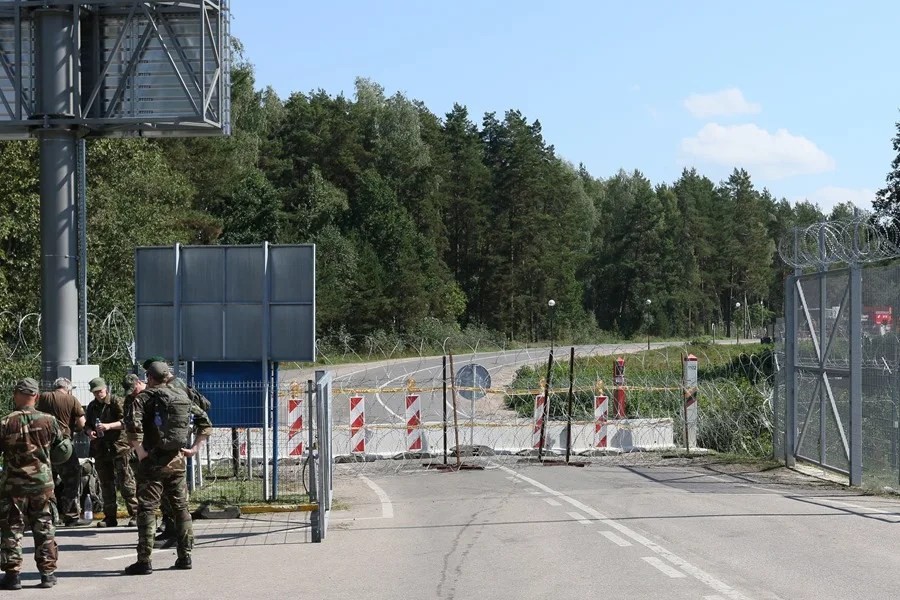Lithuania Takes Bold Stand Against Belarus Smuggling by Closing Border Amid Airspace Violations
Facing a surge in airborne contraband from Belarus, Lithuania shuts its border and grounds flights over national security risks, exposing a cross-border law enforcement crisis that America must watch closely.

For three consecutive nights, Lithuania’s Vilnius International Airport has grounded flights in response to an escalating threat: balloons carrying cigarette contraband infiltrating its sovereign airspace from neighboring Belarus. This alarming development compelled Lithuania to take the decisive step of indefinitely closing its border with Belarus, a move underscoring the failures of lax border controls and the cunning methods smugglers employ to undermine national security.
How Did Balloons Become Tools for Cross-Border Crime?
The Lithuanian Interior Ministry reports a staggering increase in these airborne raids—over 550 suspicious balloon incidents in 2025 alone, more than doubling last year’s figure. Nearly four-fifths of cigarette smuggling into Lithuania now exploits air routes using balloons or drones. The latest interdictions amount to over 1.1 million seized cigarette packs, with approximately 800,000 transported by these aerial delivery systems.
This is not just minor lawbreaking; it is a sophisticated operation leveraging seemingly innocuous weather balloons equipped with SIM cards to track shipments and coordinate ground pickups. The audacity of this tactic signals organized crime’s relentless push against the sovereignty and rule of law of Eastern European nations already burdened by geopolitical pressure.
What Does This Mean for America’s Security and Borders?
While this balloon smuggling saga unfolds thousands of miles away in Europe, it serves as a stark warning for the United States. If adversaries exploit technology and innovative tactics to bypass controls abroad, why should America assume its borders are any less vulnerable? Washington’s persistent failure to secure our southern border invites similar ingenuity from smugglers and traffickers who threaten our communities with illicit goods, crime, and compromised public safety.
Lithuania’s choice to shut down its border despite economic inconvenience highlights an essential truth: national sovereignty demands uncompromising defense measures. The reluctance even there to shoot down contraband-laden balloons out of fear for collateral damage shows how challenging but necessary aggressive action is when protecting national interests. How long will Washington continue tolerating porous boundaries while citizens pay the price?
Moreover, Lithuania’s example illuminates the need for clear policies prioritizing common-sense conservatism—prioritizing secure borders without succumbing to bureaucratic paralysis or globalist appeasement. It reminds us that freedom and security depend not on goodwill but on vigilance and decisive enforcement.
This Baltic stand against Belarusian smugglers compels us all—policymakers and citizens alike—to demand better from our leaders. We must embrace lessons transcending continents: protect our skies, enforce our laws fiercely, and never tolerate threats disguised as harmless objects drifting overhead.
